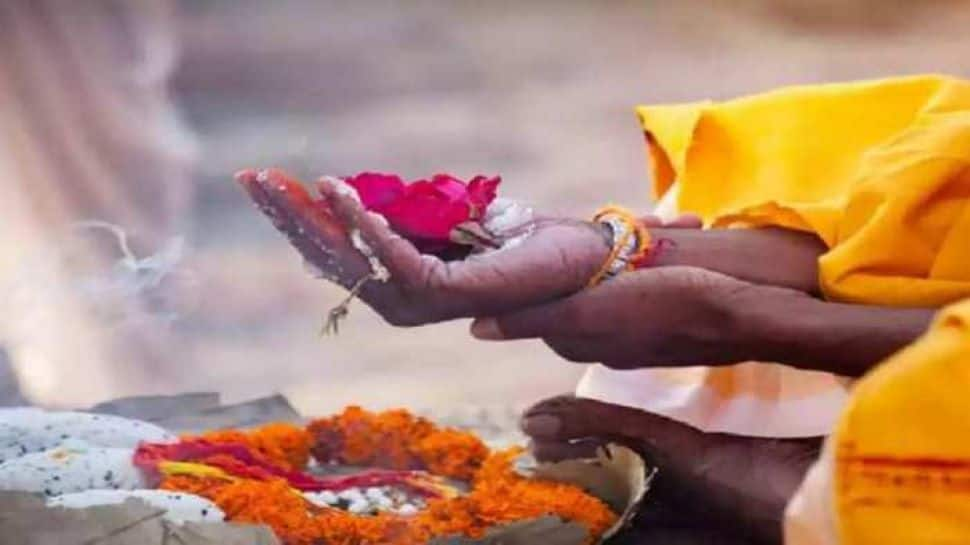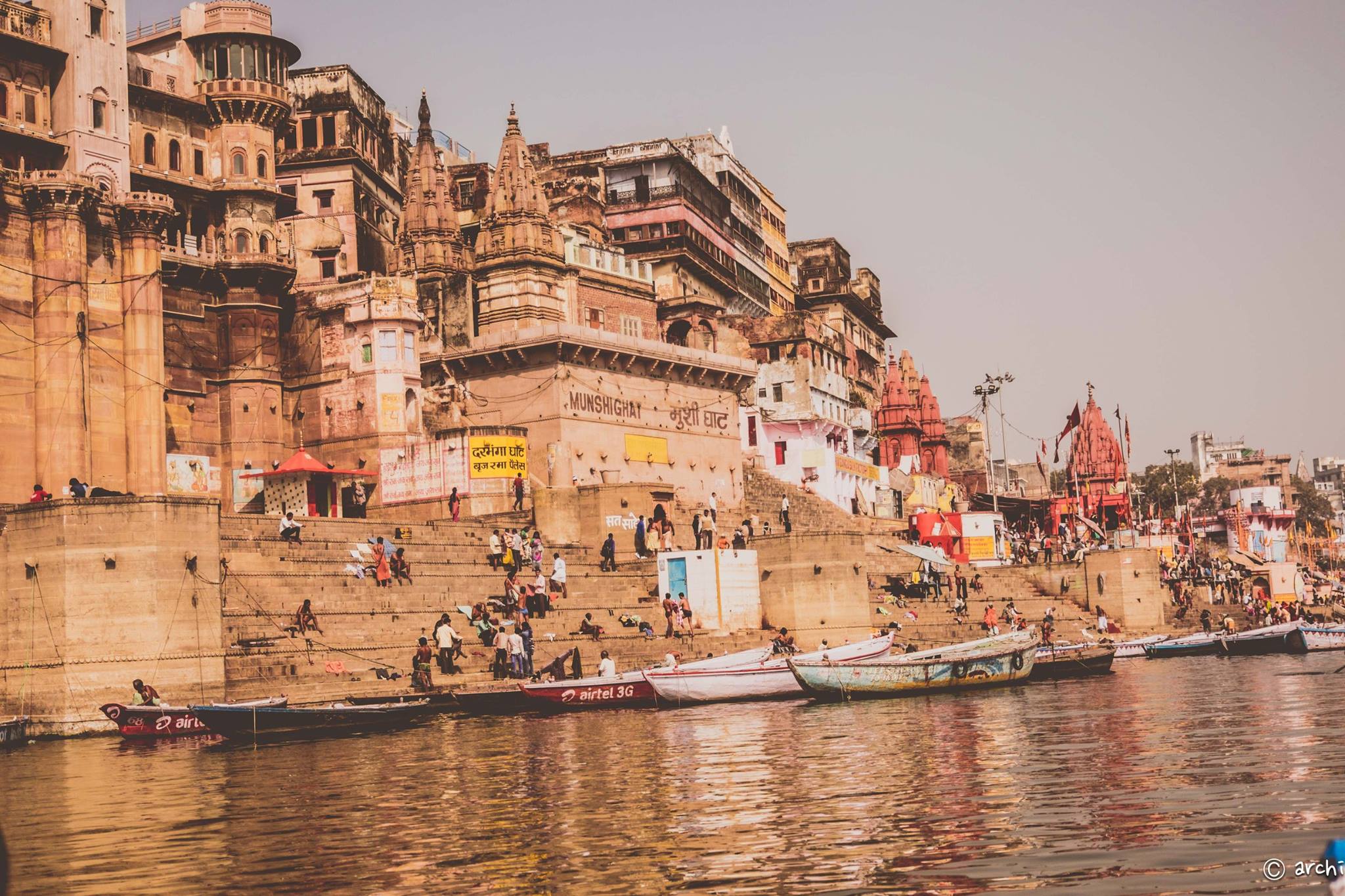Human beings have eight units of life, and are known as, ashtavasu.
Superhuman blossomed beings, who do extraordinary work, whether it be very good or very bad, have in nine units of life.
Furthermore, humans can develop up to sixteen units of life. When we die we become more powerful in some way. We go between nine and ten units of life.This is strange, but true.That is why ancestors are worshiped. The moment this body drops, the spirit has become free, without boundaries, and nothing can stop it. The spirit moves around freely. If it is bound in the body, you have only eight units of life, you can only reach out to some.When you have nine units, you have a little more power, but if you die, then you have access to the ninth and tenth units, so you gain much more access to the planet. That is why ancestors have the capacity to bless you. They have more ‘life’ than you, because their spirit, freed from the limited body, can know; can cognize; can bless you. You can feel their presence. So when you pray to them, they can grant you certain boons. They are able to bestow unto you to whatever extent they are powerful. Ancestral worship can be found from China to Latin American countries.
In the Christian tradition, there is All Soul’s day, where you respect the souls and ask for their blessings. This is one of the reasons why bodies are buried behind a church; to make that place more powerful. Ancestors have got one more unit of power, and are called Pitras.




